|
Prof. Peter Fisher
(ETH Zurich, Switzerland)
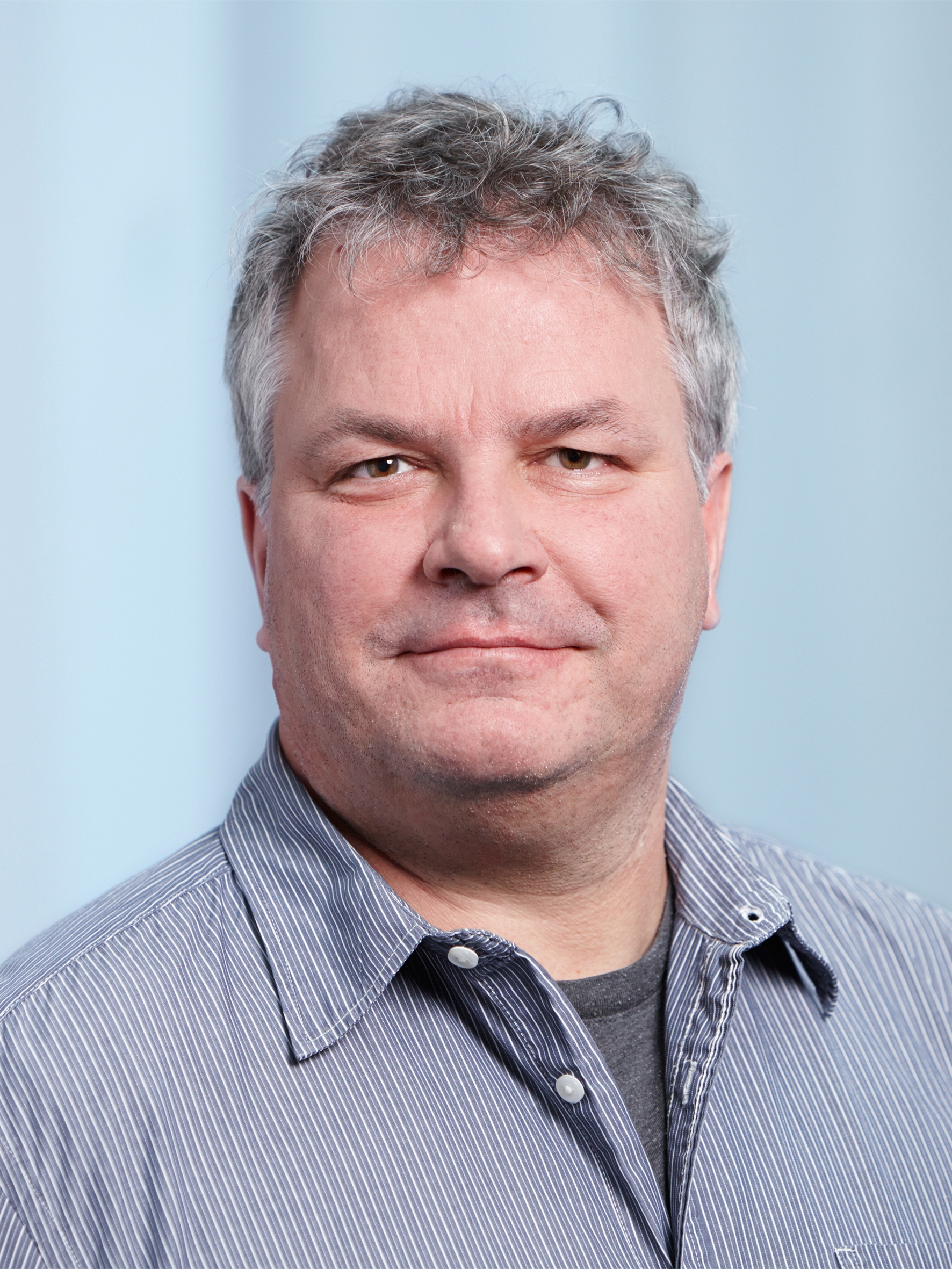
|
Neutrons and Food: From emulsion and foams to analogues
Peter Fischer studied physics and received his PhD in 1995. Followed by a Postdoc position at Stanford University he moved in 1998 to ETH Zurich. Research activities focus on soft matter and food material sciences, in particular on interfaces and emulsions, viscoelastic surfactant solution, and biopolymers. Experimental techniques include rheology, interfacial rheology, microfluidics, neutron and x-ray scattering and reflectivity.
|
|
Dr. Camilla Terenzi
(WUR, the Netherlands)
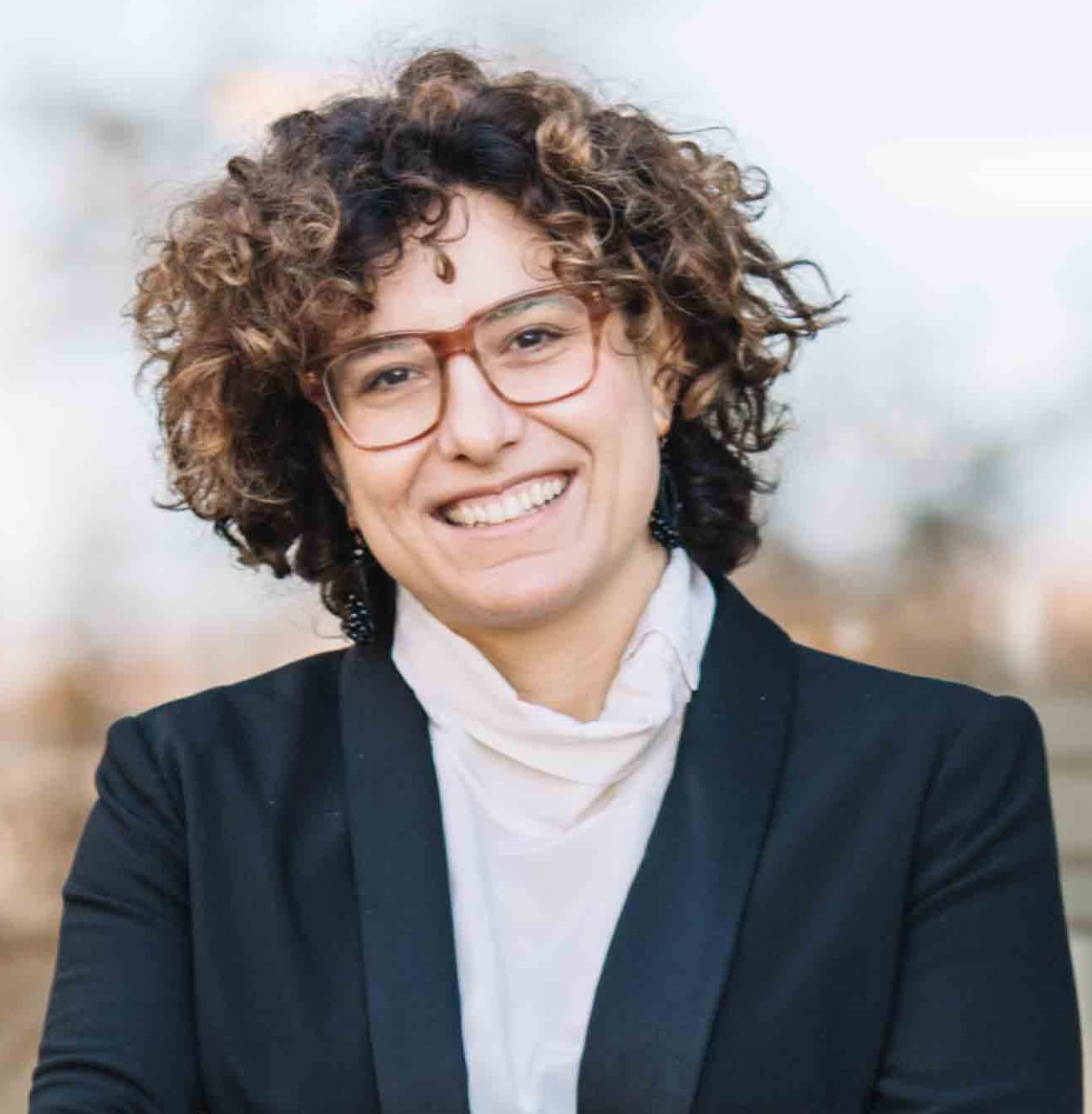
|
Quantifying food structure formation under flow by MRI
Dr. Camilla Terenzi is an Assistant Professor in NMR/MRI methods applied to soft matter and food science at the Laboratory of Biophysics of Wageningen University, since 2018. Before that, she did post-doctoral research at Cambridge University (UK) in Chemical Engineering, at University of Nancy-Lorraine (FR) and KTH Stockholm (SE) in Physical Chemistry, and got her PhD in Physics at Sapienza University of Rome (IT). Camilla’s research group focuses on quantifying fundamental and industrially-relevant dynamic phenomena in heterogeneous and multi-phase soft matter, ranging from flow of complex fluids to in situ extrusion or in vitro/in vivo digestion of foods.
|
|
Prof. Stephan Drusch
(TU Berlin, Germany)
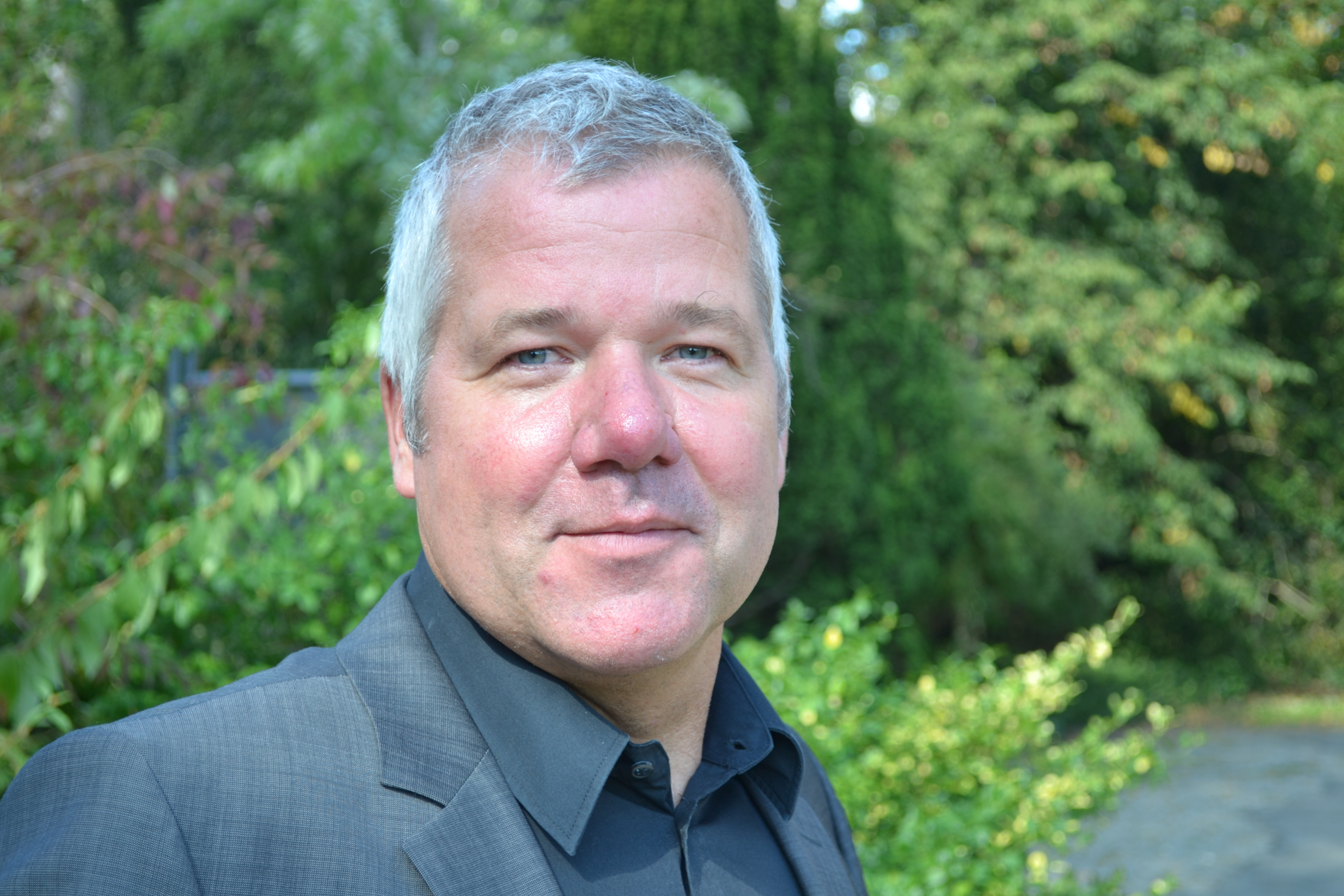
|
Challenges and opportunities in plant protein based delivery systems
Stephan Drusch is Professor for Food Technology and Food material Science at the Technical University of Berlin. He studied at the University of Kiel (Diploma, PhD) and worked as a researcher in the dairy industry, at the University of Kiel and the University of Milan. He is member of the scientific advisory board of the Research Association of the German Food Industry (FEI), the national commission setting up food standards at the Federal Ministry of Food and Agriculture and the steering committee of the Bioencapsulation Research Group. His research activities focus on structure-function relationships in food processing with emphasis on dispersed systems and the encapsulation of food ingredients.
|
|
Dr. Valeria Garbin
(TU Delft, the Netherlands)
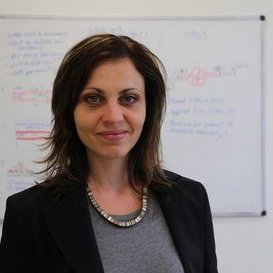
|
Title: to be announced
Dr. Valeria Garbin is an Associate Professor in Chemical Engineering at TU Delft. She received her PhD from the University of Trieste in Italy. She was a Rubicon fellow in the Physics of Fluids group at the University of Twente, and a postdoc at the University of Pennsylvania, before becoming a faculty member at Imperial College London (2012-2019) where she remains affiliated as Visiting Professor. Valeria has been awarded an ERC Starting Grant, was the 2018 recipient of the McBain medal (SCI), and the 2020 recipient of the Soft Matter Lectureship (RSC). She is an Associate Editor at the International Journal of Multiphase Flow. Her research group focuses on fundamentals of fluid mechanics, colloid & interface science, and soft matter physics, with a view to help develop innovative solutions for sustainable processes and products.
|
|
Prof. Deniz Gunes
(KU Leuven)
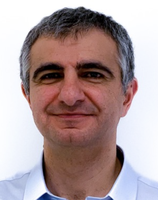
|
Some microfluidic tools for studying structure and stability in food dispersions
Prof. Deniz Gunez is an applied physics PhD from Strasbourg University (2003), then went for a post-doc in the Rheology labs of KU Leuven. I then worked in Nestlé Research in Lausanne on the physics and rheology of dispersion, and in particular studying structure and stability in emulsions, foams, and developing academic collaborations – which included a part-time visiting at ETHZ scientist over 2017-18. Since January 2022 I work as professor in Food Rheology and Physics in KU Leuven, where am developing soft matter approaches for understanding structuring and destabilization phenomena, and in particular in relation to processing and focusing on plant-based systems.
|
|
Prof. Ilja Voets
(TU Eindhoven, the Netherlands)
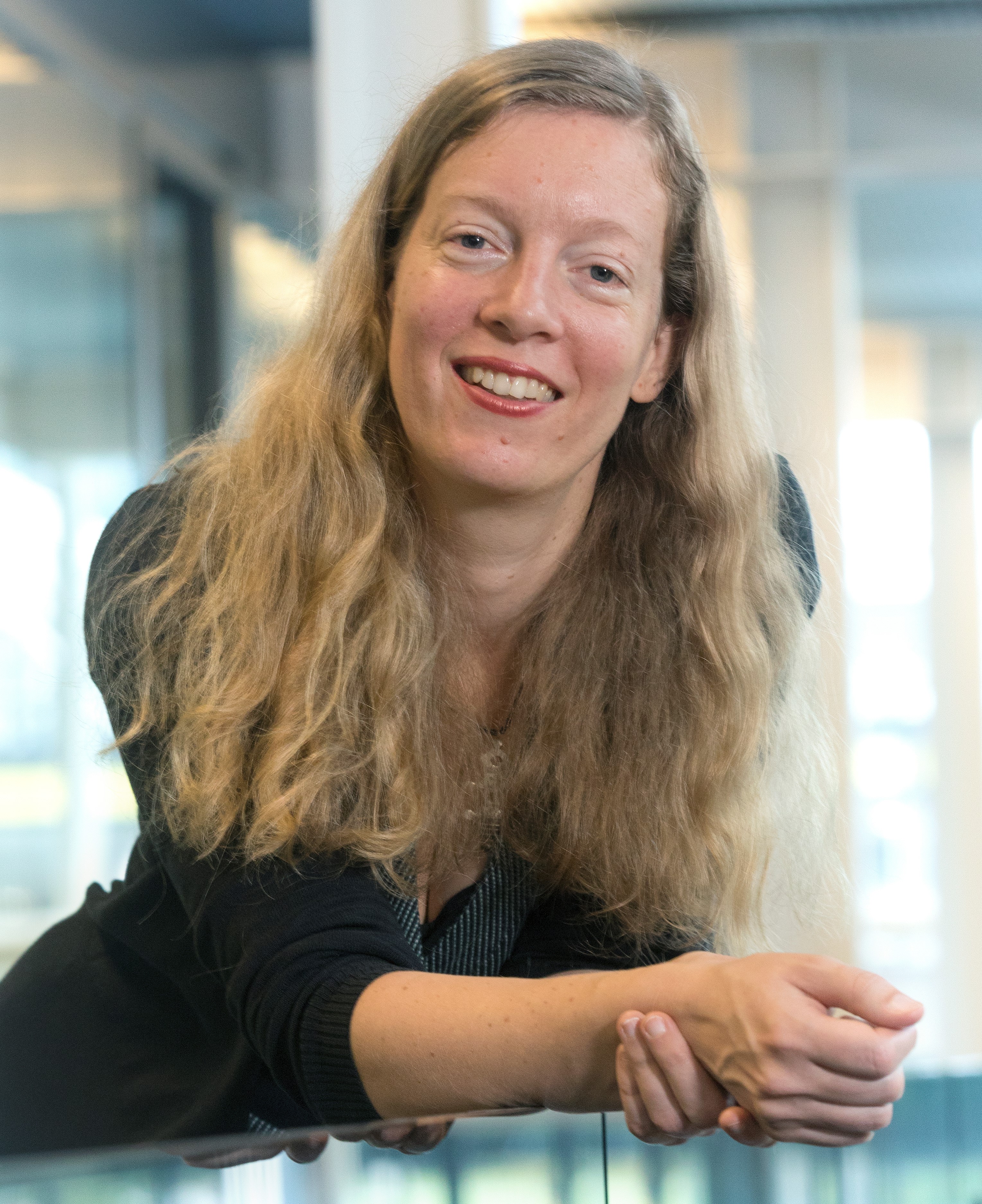
|
Foods inside out: unveiling the hidden architecture of nanostructured soft materials by super-resolution microscopy
Prof.dr.ir. Ilja Voets is a professor in the Department of Chemical Engineering and Chemistry at Eindhoven University of Technology. She leads a team of chemists, physicists, biologists, and engineers, studying self-assembly processes in biological and man-made soft matter through the application and development of a wide range of advanced measurement tools, including ensemble and single-molecule techniques such as time-resolved scattering and super-resolution microscopy. Recent research highlights include the development and implementation of super-resolution microscopy approaches to elucidate structure-function relations in complex food matrices and to investigate the interfacial dynamics of ice-binding proteins. Other subjects that fascinate Voets include orchestrating colloidal self-assembly with remote cues such as light and temperature, (spatiotemporally) controlled complexation of oppositely charged polyelectrolytes into nanoscopic hydrocolloids, the folding of individual polymer chains into artificial enzymes, and the precision packaging of fragile proteins to preserve and enhance activity in extreme environments. Throughout her work Voets seeks to understand the simple design rules that orchestrate how complex functionalities emerge from hierarchical self-organisation processes aiming ultimately to manufacture and apply innovative lifelike materials in a more environmentally benign, faster, more (energy)efficient, and cheaper fashion.
|
|
Prof. Gleb Yakubov
(University of Nottingham, UK)
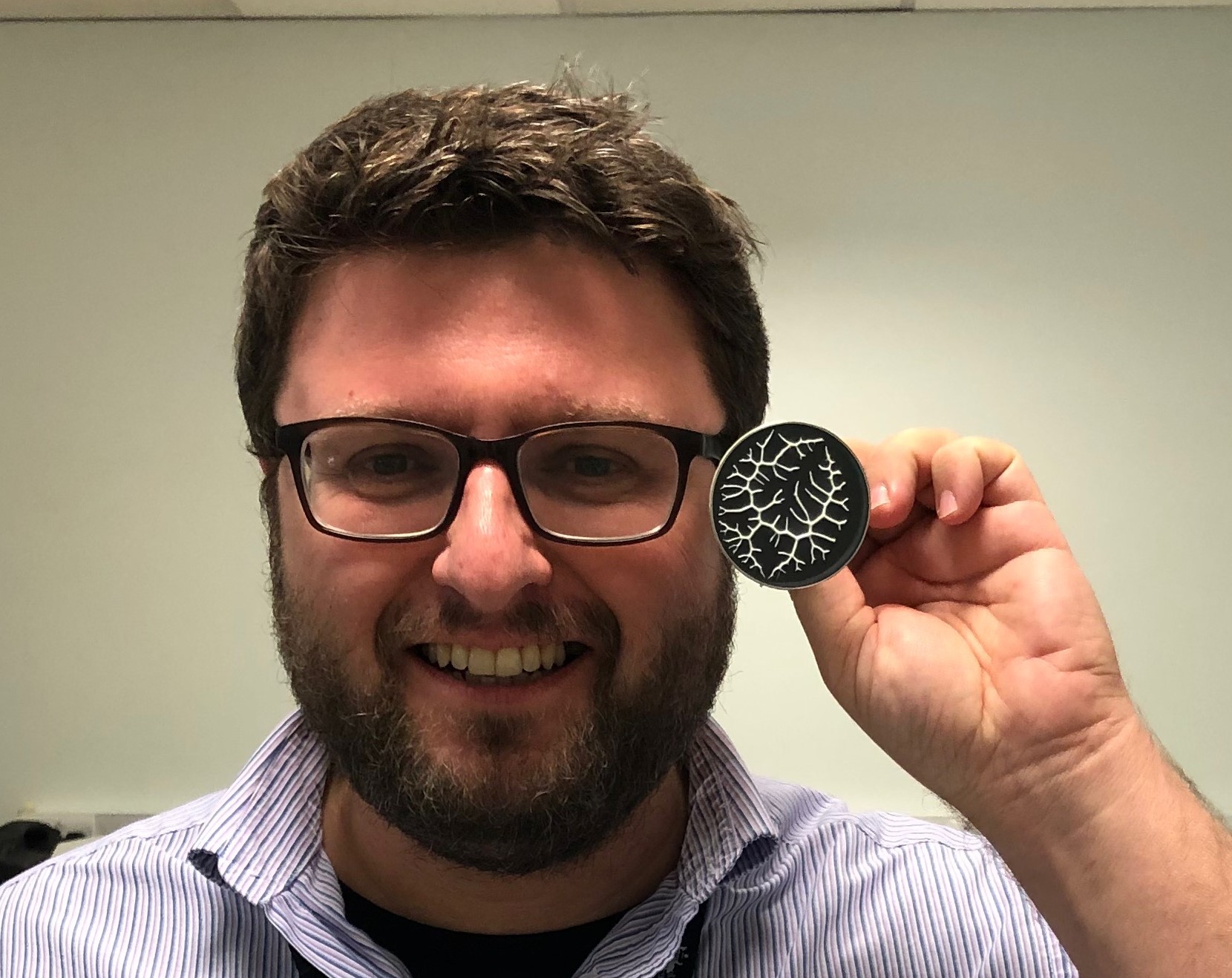
|
Dietary Fibre in the Gastrointestinal Tract: Emergence of Health Functionality from Rheology, Physical Interactions and Biochemical Transformations
Gleb Yakubov is an Associate Professor in Food Physics at the University of Nottingham. He studied at the University of Mainz and Max Plank Institute for Polymer Research (Germany) and received his PhD in physical chemistry in the area of colloidal probe AFM force spectroscopy. Before joining the University of Nottingham, Gleb was a Senior Research Fellow in the School of Chemical Engineering at The University of Queensland (Australia), and before then he spent 8 years working in the industrial R&D roles in one of the UK-based global fast-moving consumer goods companies. His key expertise area is application of colloidal, soft matter and polymer science principles to the problems in food research, digestive health and biomolecular technology. His technical expertise-base is in complex carbohydrate analysis, rheology (flow), tribology (friction & wear), mechanics, and surface characterisation. Gleb leads the Soft Matter Biomaterials and Biointerfaces research team with instrumental capabilities spanning from macroscopic (rotational rheometry) to microscale (soft contact tribology) and nanoscale/molecular characterisation techniques (atomic force microscopy, quartz crystal microbalance with dissipation, NMR, small angle scattering incl. USANS/SANS/SAXS/DLS).
|
|
Dr. Theo Blijdenstein
(Unilever, the Netherlands)

|
Large and small deformation rheology in multi-phase food products
Theo Blijdenstein is a passionate food technologist who likes to work at the interface between science and technology. His passion lies in the area of colloid science, 2D and 3D rheology and structuring of complex Food matrices. He studied Food Science and Technology at Wageningen University, where he obtained his Master’s Degree in 1999. Subsequently he carried out a PhD study on microstructure, rheology and phase behaviour of emulsions containing polysaccharides which he completed in 2004. After a postdoctoral research fellowship at the University of Delaware in the area of fuel cell membranes, he joined Unilever R&D Vlaardingen in 2006 as a research scientist, working on a variety of topics, including aeration, proteins, colloidal particles, polyphenol complexation, structured emulsions, fat-based composites, and plant-based meat. In 2019, he moved with Unilever to HIVE in Wageningen, where he is now in charge of a capability team on rheology and leading Science&Technology projects. He holds 21 patent applications and 29 Scientific publications.
|
| |
|
 Registration website for AFSG - ISFRS
Registration website for AFSG - ISFRS







